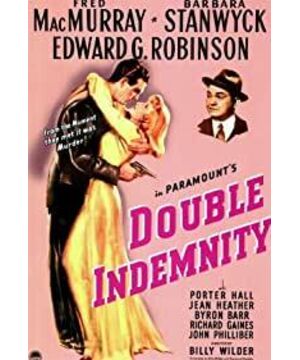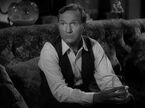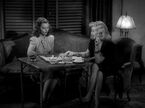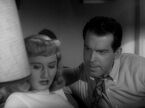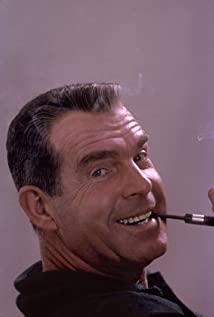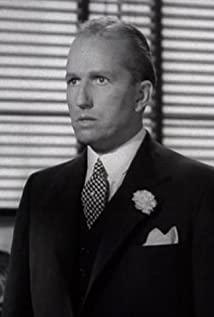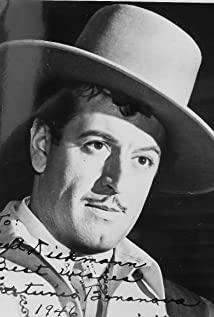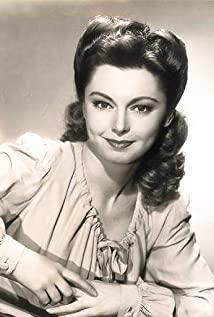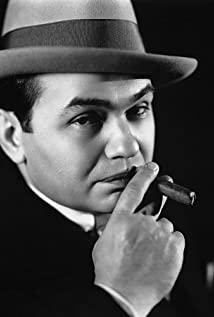On second thought, this is not my own aesthetic. Woody Allen said in "Annie Hall", "When I was a child, I went to see Snow White. Everyone likes the princess, but I fell in love with the queen at a glance." It may have a similar meaning,
but the role of stepmother is still quite thin. People have such forward-looking remarks as early as 1977. It is too overbearing to think later, but unfortunately there are too few really plump villain characters. Even if there is, it is not to set off a good theme. The bad prince in Frozen, the bad duke in Zombie Bride, the sudden transition from sanctimonious to ugly is blunt. The big and bad bosses in all kinds of superheroes are all dingy or struggling to fail. In "The Three Musketeers", Milady turned his hands for the cloud and the rain all his life, but he was just executed hastily. Even the most vivid villain of this century, the joker, the director felt that his expression was too rich and robbed the protagonist's face, and added a mask to the successor villain in batman3.
It is not easy to create a vivid and flexible villain. From motives to behavioral consequences, it must be reasonable, it is best not to be faked, the ability must be strong but limited, and it is best to make people love it and hate it. Looking back, Jin Yong is the master here.
His series of martial arts are so good-looking, is it because you can't forget Guo Jing's honesty and honesty after you put it together, or do you really fall in love with a girl like Xiaolong. Of course, Guangmingding stands alone to block the six sects. But isn't the origin of Qi Tian's grievances in Tianlong a part of the Hundred Flowers Association standing alone beside Huang Shaoyao? When Xiao Yuanfeng and Murong Bo faced each other at the Shaolin Temple, nothing else seemed to matter. Yang Kang has been wary of society since he was young. Zhang Wuji's inaction and smoothness were also overshadowed by Zhao Zhou's wicked and vicious fight. However, they are not good people.
Speaking of which, I can't help but speculate on Jin Yong's character, how careful a person's mind must be, and how much he must put himself in the shoes, in order to be able to create such a lively and bug-free bad guy, where are their motivations, such a plan, such a latent, so achieved. I'm not saying Jin Yong himself is a bad guy. On the contrary, I feel that thinking of evil and acting is a higher realm.
Many bad guys are motivated by excessive desire. In the movie, Walter recalled the first meeting with Phyllis in the dim living room: "We were talking about automobile insurance. Only you were thinking about murder. And I was thinking about that anklet." A seemingly ordinary housewife , a seemingly ordinary insurance salesman, who originally lived a rare and peaceful life, but wanted more than he deserved, at the cost of depriving innocent lives.
And the execution of evil deeds is even more rare. Most ordinary people are passive passers-by in life. Most of the things they experience go with the flow. The desires they have and the things they want to do are either realized naturally because of reasonable needs, or because of objective obstacles. Forget about giving up. But bad guys don't do that, they know what they want to do is irrational and shouldn't happen, so they work extra hard. Just like when Phyllis finally confessed, he mentioned Zachetti who was almost a scapegoat: "I was working on him." A simple working brought too much content: observe the relationship between people; choose the right time; Lies that can or cannot be debunked; hint or guide; plan to escape. Speaking of which, I can't help but admire them. At that time, when I watched "Emperor Yongzheng", I suddenly thought of a truth. The emperors who usurped the throne are often diligent and successful in their administration. There is no one like Zhu Youjian who does carpentry every day and turns the country into one. mounds of shi. These people kill their brothers and kill their fathers, and they are very sinful, but they pay too much for what they want too much.
Another special aspect of "Double Indemnity" for the bad character setting is that one thing is committed by two people. Keyes begins the film as a perceptive personification of justice with a theory: "when two people commit a murder they're kind of on a trolley car, and one can't get off without the other. They're stuck with each other. They have to go on riding clear to the end of the line. And the last stop is the cemetery." How could he have such a firm judgment, because bad people are all selfish, people are selfish, Without exception. Even if it is claimed that it is for love, revenge, and all kinds of justice that don't care about the sun, there must be a solution that is not evil. Once a man decides to do something bad, it must be for himself. When the potential punishment comes, also for their own sake, they will put the blame on the other side. We've seen many interrogations in The Wire and Law & Order, and not a single case of complicity is out of this pattern. This is also proved by the model of the prisoner's dilemma in game theory. Phyllis, the co-conspirator in the movie, made an early plan to get out for himself, and Walter later took advantage of the information asymmetry. They all thought they would be the one who got off the bus early, but they didn't realize it.
But it's still not a happy ending. Based on what I have listed above, I think it is more reasonable for bad people to succeed because of diligence. The so-called magic height is just a statistical illusion because there are fewer bad people and more good people. Another explanation is that I have a problem with my own values, I am too disillusioned and pessimistic about human nature, and I overestimate bad people in terms of ability. But when you look at the world, aren't most of the dead innocent passive people?
Besides, good or bad is just a relative concept, and people always unconsciously obtain relative moral superiority through comparison. However, even if you feel that the malice of others is real, are you really a pure person? Even in normal times, everyone is living a normal life. I just read an article about the Lucifer effect. What about extraordinary times? If people don't examine their attitudes and bottom lines before disaster strikes, who knows what kind of people they actually are?
The last two main characters of the movie have this dialogue:
Phyllis: We're both rotten, Walter.
Walter: Only you're just a little more rotten.
Not so, you are equally rotten. And we are all potentially rotten.
View more about Double Indemnity reviews


